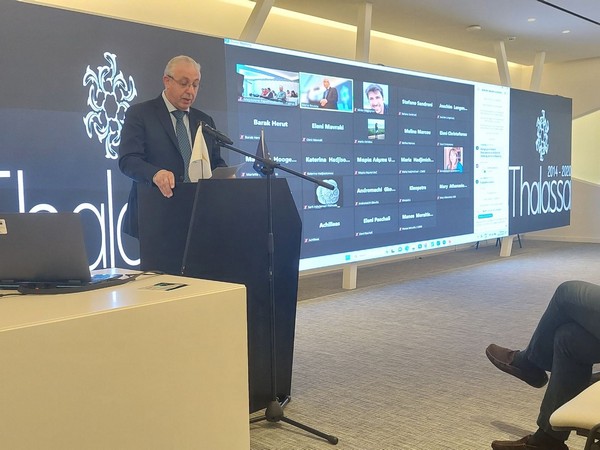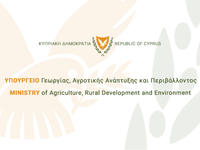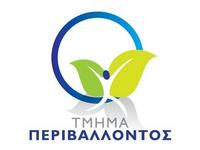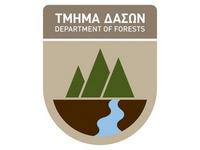Press Releases

14-12-2023 11:14
Address by the Minister of Agriculture, Rural Development and Environment, Mr Petros Xenophontos, at the dissemination event “Benthic Marine Ecosystems of the Republic of Cyprus”
It is with great pleasure that I am here with you today at the dissemination event about the Benthic Marine Ecosystems of Cyprus, organized by the Department of Fisheries and Marine Research of the Ministry of Agriculture, Rural Development and Environment.
The marine environment provides us with a multitude of Goods and Services such as food and resources, climate regulation, and also recreational activities. However, multiple pressures from human activities increase the pressure on the marine environment and threaten the fragile balance of the marine ecosystems.
The protection of the marine environment is one of the priorities and main objectives of the Ministry of Agriculture, Rural Development and Environment. However, in order to be able to protect it, we need to study and understand it by collecting data and information on the abiotic and biotic elements that compose it.
It is widely stated that we know more of space than we know of our seas. Our country, the Republic of Cyprus, is surrounded by a large Exclusive Economic Zone that covers an area of about 98,707 square km. In the past decade there was an increase in the marine research projects being carried out in our country, the majority of which was being funded by EU funds.
We are here today at this event to be informed about the outcomes of two research projects that are funded by the Operational Programme Thalassa 2014 – 2020, which is co-funded by the European Maritime and Fisheries Fund and national resources.
The first project aimed to investigate and evaluate the sensitive benthic marine ecosystems in the territorial waters and the Exclusive Economic Zone of the Republic of Cyprus. In this 1.5 million euros project, a deep-sea survey was carried out at the Eratosthenes Seamount, at depths of 700 m down to 1200 m. High-resolution seafloor maps were developed and areas of possible presence of sensitive habitats according to the Habitats Directive were identified and further visually investigated with Remote Operated Vehicles (ROVs). Furthermore, as part of the project, coastal benthic marine ecosystems were investigated through some smaller-scale projects and actions, some of which will be also presented today.
The Republic of Cyprus due to its geographic location being near to the Suez-canal, is considered a hot-spot area for marine non-indigenous species, also commonly known as alien species. The second project that will be presented today aimed to investigate the non-indigenous species in the Marine Protected Areas of Lara/Toxeftra, Pegia Sea Caves and the Natura-2000 Thalassia Periochi Moulia in Cyprus.
Through the implementation of these two projects scientific data was collected that is important for filling gaps of knowledge on our seas. I would like to thank once again the Department of Fisheries and Marine Research, as well as all the parties involved in the implementation of the projects for the excellent work and for setting the bar so high.
Last but not least, I would also like to express my warm appreciation to everyone present here today, both physically and online and I wish you an enriching and fruitful continuation of this event.
Thank you.
(MG/NG)
Relevant Press Releases







